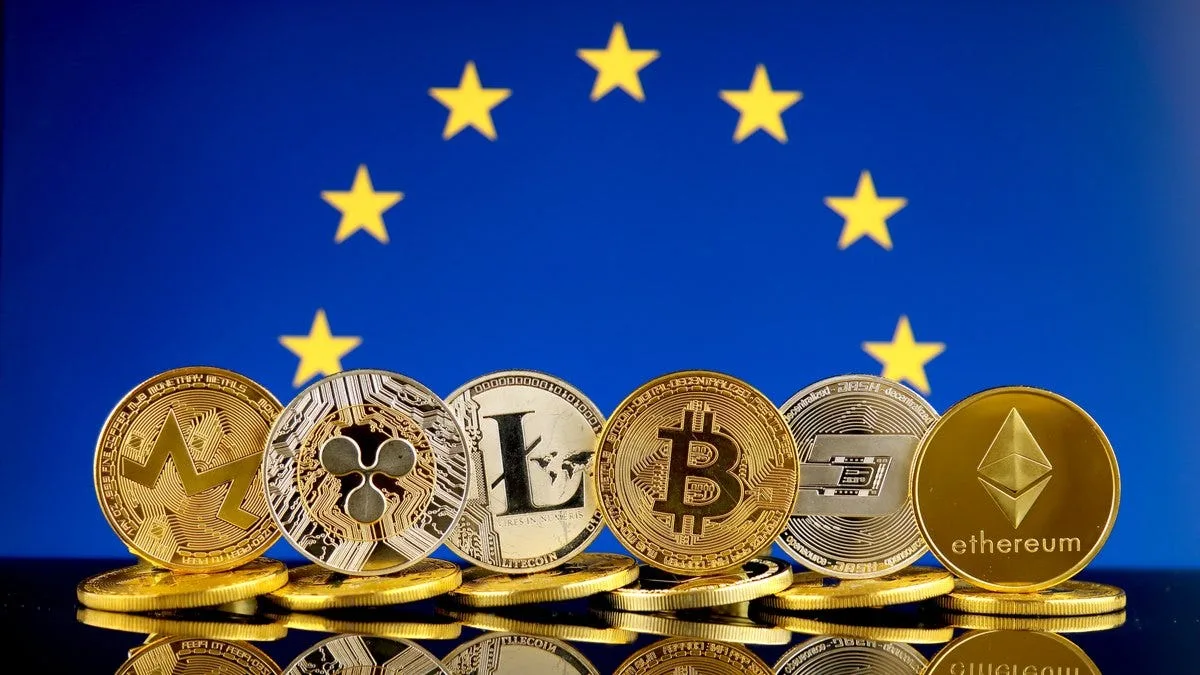|
Getting your Trinity Audio player ready...
|
The European Union’s ambitious Markets in Crypto Assets (MiCA) bill, once lauded as the world’s most comprehensive crypto framework, is undergoing revisions. Strict regulations originally drove companies away, but proposed changes aim to bring them back. The key addition is “reverse solicitation,” allowing non-EU firms to serve EU clients under specific conditions.
From Exodus to Conditional Access: MiCA initially imposed a blanket ban on non-EU companies offering crypto services to EU citizens. This triggered an exodus, with companies fearing limited reach and excessive bureaucracy. The new proposal introduces “reverse solicitation,” where EU citizens can actively seek out a non-EU provider’s services, not the other way around.
Balancing Opportunity and Risk: This concession gives experienced investors access to niche offerings outside the EU’s regulated space. However, it raises concerns about potential regulatory gaps and risks for less informed investors who might inadvertently reach out to non-EU providers.
Also Read: Government Leaders and Industry Titans Set to Discuss MICA Law at Crypto Expo Europe 2024
The European Securities and Markets Authority (ESMA) emphasizes limited scope and strict supervision while acknowledging feedback. They reiterate investor protection remains paramount and warn against exploiting this exemption.
MiCA’s evolution reflects the complex task of regulating a rapidly evolving industry. Balancing innovation with investor protection remains a delicate act. Public feedback is sought on the proposal and the wider issue of classifying crypto assets as financial instruments, which could significantly impact regulation.
While concerns linger, MiCA’s revisions signal a willingness to adapt and attract crypto companies. Whether it strikes the right balance between opportunity and risk remains to be seen.
I’m a crypto enthusiast with a background in finance. I’m fascinated by the potential of crypto to disrupt traditional financial systems. I’m always on the lookout for new and innovative projects in the space. I believe that crypto has the potential to create a more equitable and inclusive financial system.




